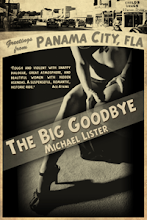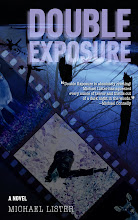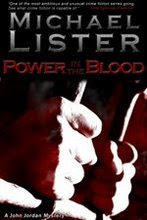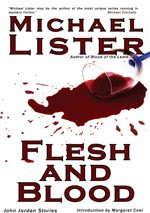
If you haven’t read John Updike, stop what you’re doing and find one of his books immediately—okay, you can finish this column first, but don’t wait much past that.
If you haven’t discovered Updike, boy, are you in for a treat. If you’ve read Updike, but it’s been a while, rereading a great writer is a pleasure all its own.
And Mr. Updike was a great writer—perhaps the greatest of the second half of the twentieth century. In terms of both quantity and quality, breadth and depth, it seems to me that for this time period, he has no peers.
Sure, other writers are mentioned in the same breath as him—Roth and Bellow among them—but as great they are (particularly Roth for my money), no one quite compares to the last great man of letters. And a man of letters he truly was—extraordinary, prize-winning novels, sophisticated short stories, essays, poetry, memoir, and criticism. When he died two months ago, it was a devastating loss for American letters, but what a legacy he leaves behind.
With a writer like Updike, you can’t go wrong with any of his work, but for this column, I’d like to focus on his collection of short stories.
“The Early Stories,” released in 2003, has been called a harvest, not a winnowing, because it collects nearly all of Updike’s short fiction published between 1954 and 1975. Of the one hundred and three magnificent stories, eighty first appeared in “The New Yorker,” and the other twenty-three in journals from “Atlantic Monthly” to “Harper’s.”
Each story shows Mr. Updike’s capacity for compassion and understanding, his insightful observations, his appreciation for ordinary life, and his extraordinary way with words.
It has been noted that Mr. Updike seemed to spring full fledged as a short story writer, so he can hardly be said to have a body of apprentice work, and this collection of early stories certainly proves this. They are mature masterworks of short form fiction—stories of blistering insight into postwar American life in the suburbs and marital discontent, where backyards and bedrooms are the battlefields of the coldest war of all.
Though all the stories collected here are superior, the following have my highest recommendation: “Killing,” “A & P,” “Pigeon Feathers,” “The Persistence of Desire,” “Snowing in Greenwich Village,” “Gestures,” “Your Lover Just Called,” and “The Bulgarian Poetess.”
Mr. Updike once remarked, “Writers may be disreputable, incorrigible, early to decay, late to bloom, but they dare to go it alone.”
Writing might not be reputable, but Mr. Updike certainly was, which reminds me of what Jake Gittes said about his own disreputable profession: “What I do for a living may not be very reputable, but I am. In this town I’m known as the leper with the most fingers.”
I can picture Mr. Updike, the leper with the most fingers, going at it alone in the writing room he rented above a restaurant in Ipswich, Massachusetts, where he wrote for several hours every morning, six days a week—a schedule he kept throughout his career. He was daring—and brave, and noble, and honest, and insightful, and we, his readers, are the richer for it.
In one of his many autobiographical essays, Mr. Updike identified sex, art, and religion as “the three great secret things” within human experience, and he spent a lifetime daring to tell us his secrets, and in the process, telling us our own.















